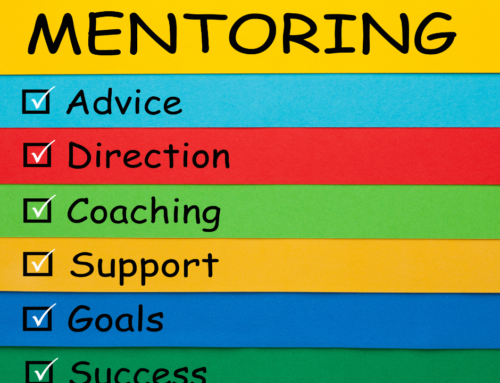The Progress Principle is Just In Time for Your 2020 Challenges!
There is nothing that energizes us more than seeing our movement in the right direction and towards our goal. On the contrary, when we feel we are drifting, waiting, losing ground, we lose the momentum of Progress. In times like these, we need to flip the switch in our success and let the progress principle comes to our aid.
The Progress Principle Keeps Us Moving Toward Our Goals and Dreams
By creating conditions to make Progress, shining a light on that Progress, and celebrating the distance covered, we receive a motivational boost.
Video game designers know all about the Progress Principle. Of all entertainment forms, video games are among the most addictive. People spend incredible amounts of time and money to stay immersed in fantasy worlds such as World of Warcraft.
What keeps them hooked? To a large extent, it’s two things: constant progress indicators and achievement markers. Both signals leverage the Progress Principle.
Virtually all video games feature progress bars that are always visible on the screen as people play the game. These bars offer tangible evidence of how close the player is to reach the next significant game level as well as the next step within the current level.
Achievement markers are a bit like the badges that Boy Scouts and Girl Guides can earn for mastering particular tasks. In a video game, achievements attained by each player are posted for all players to see.
The Progress Principle Makes Progress Visible.
Harvard Professor Teresa Amabile headed up one of the most extensive studies ever conducted into motivational sources. She rigorously analyzed 12,000 diary entries. Her research question was this: What is the single most crucial element that motivates people?
The answer: Making Progress.
There is nothing that energizes us more than seeing that we are moving in the right direction.
One of our most basic human drives is towards self-efficacy. We believe that we are individually capable of planning and executing the tasks required to achieve our desired goals.
Our need for self-competence begins to develop early in our lives and drives us to explore and learn. We travel the world through a book, our imagination, and wistfully on foot, hoping to learn. Our abilities grow throughout our lives, and we find ourselves comparing our achievements with those of our peers and our personal bests.
Running a Marathon One Foot Fall After the Next
I remember when I decided to train for, and participate in, my first marathon. I tracked all of the miles that I was running each week to ensure that every seven days, I could see a little more distance covered than the previous week.
I tracked it in a journal, writing the mileage down in a chart to motivate me.
As I staggered across the finish line, my immediate thought was, “I am NEVER doing another one of those!” However, after I found that I could walk again, and the feeling had returned to my feet, I set out to register for another one, this time with the goal to go faster.
Track Your Progress – It’s Not the Distance You Cover, It’s How Consistently You Make the Effort
When we make Progress towards or achieve personally meaningful goals, there is a connection. We connect the expectations and the reality of having moved the needle forward. We give ourselves internal permission to feel good and to grow our self-efficacy. Now, we are even more motivated to tackle the next challenge.
Progress motivates us to accept difficult tasks more readily, as well as to persist at them longer. If we feel capable, then we see difficult problems as positive challenges and opportunities to succeed.
The Progress Principle applies to so many elements of our lives. I wear my Fitbit on my wrist to keep me moving towards 10,000 steps. You might fold down the page in a book you are reading to stay advised that you are moving away from the start and getting closer to the end.
Track your Progress, and you will see that the very act of doing so, and monitoring it, motivates you more.






